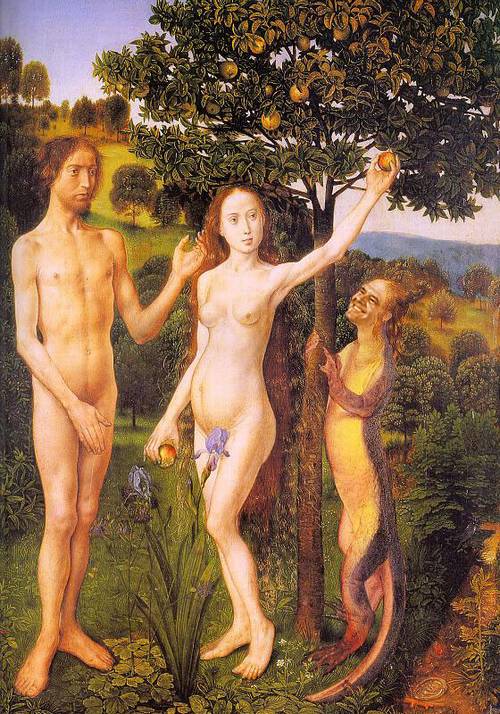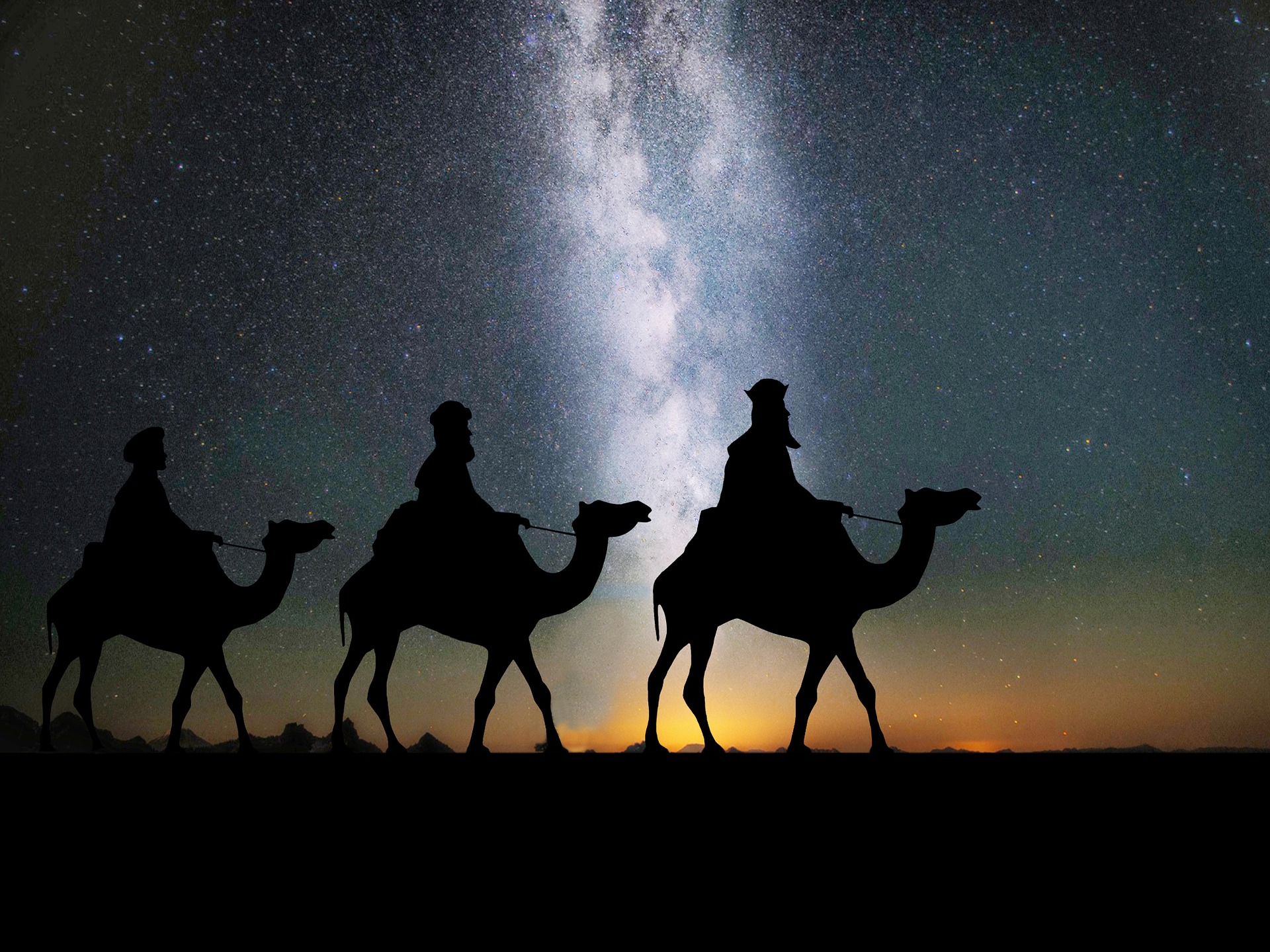Why is it that we can be so Puritanical about sex and our bodies? This can be a big problem where taboos and repression have a counter-effect that causes promiscuity, addiction, eating disorders, and the de-sanctifying of our bodies. The Bad Catholic blog examined the tensions between Puritanical sexual repression and the Sexual Revolution of the 1960s, which led back to a kind of sexual repression today:
“We are supposed to feel more comfortable with exposing skin; loving ourselves, displaying our bodies and otherwise being sexually free, yet cutting is more of a problem than it has ever been, bulimia and anorexia remain at their modern highs, and the rate of cosmetic plastic surgery continues to shoot upwards. The Old Puritans fought the body by denying it what it yearned for. The New Puritans hurt the body, reshape it, and abuse it in a vain attempt to satisfy the yearning.”
For all that we know and think that we know the Catholic Church says about sex, we sometimes miss these gems:
“The acts in marriage … are noble and honorable; the truly human performance of these acts fosters the self-giving they signify and enriches the spouses in joy and gratitude. Sexuality is a source of joy and pleasure.”
“The Creator himself … established that in the [generative] function, spouses should experience pleasure and enjoyment of body and spirit.”
(Catechism of the Catholic Church, 2362)
 Now why was Adam ashamed of his nakedness in the Garden (Gen 3:10)? In John Paul II’s Theology of the Body he says it is because “the state of original innocence nakedness did not express a lack. Rather, it represented full acceptance of the body in all its human and therefore personal truth.” As human beings we both yearn for and repel from truth and acceptance. We are repulsed by those different from us but we also fight for loving tolerance. We say we appreciate the beauty of the human body yet we objectify it rather than embracing it as gift from God.
Now why was Adam ashamed of his nakedness in the Garden (Gen 3:10)? In John Paul II’s Theology of the Body he says it is because “the state of original innocence nakedness did not express a lack. Rather, it represented full acceptance of the body in all its human and therefore personal truth.” As human beings we both yearn for and repel from truth and acceptance. We are repulsed by those different from us but we also fight for loving tolerance. We say we appreciate the beauty of the human body yet we objectify it rather than embracing it as gift from God.
Here’s the Ignatian point of view and it’s basic. St Ignatius says in his Principle and Foundation that the “things on the face of the earth are created for man and that they may help him in prosecuting the end for which he is created. From this it follows that man is to use them as much as they help him on to his end, and ought to rid himself of them so far as they hinder him as to it.” The point? All things on this earth are GOOD, given by God for the purposes of leading us toward God. It’s we who take these good gifts and turn them bad.
Alcohol, dancing, and sex might be the three most taboo subjects among Christians. I never understood why some assumed I couldn’t drink as a Jesuit. At the wedding at Cana Jesus not only probably drank wine, he made it! (Think Jesus the Bartender). We live amidst the remnants of Prohibition when alcohol was seen as an evil vice that destroyed communities. And it certainly did in some ways. And it still can. But these things are not evil in and of themselves; it is humankind who uses such things for evil. Anything can become what Ignatius would call a disordered attachment.
In his song “You Are the Beauty”, Christian music artist Michael Gungor has a lyric that says, “Breath and sex and sight, all things made for good in love divine.” Not a common line to be found in a Christian song! He places sex right between breath and sight, two life-giving gifts from God. But isn’t that the truth that we really avoid? Adam couldn’t accept the truth and fullness of his nakedness that placed him fully in Creation. Bad Catholic says, “…let’s stop hating on the most beautiful thing in the world — the human body — and instead see it as it is: The image and likeness of God, here on earth.”
> I recommend reading Michael Gungor’s blog post where he gives his thoughts about Christians and drinking.








The idea of sex is misinterpreted. If anyone studies the Scripture, sex, AFTER MARRIAGE, TO THE WIFE, is good, and blessed by God.
Hebrews_13:4 Marriage is honourable in all, and the bed undefiled: but whoremongers and adulterers God will judge.